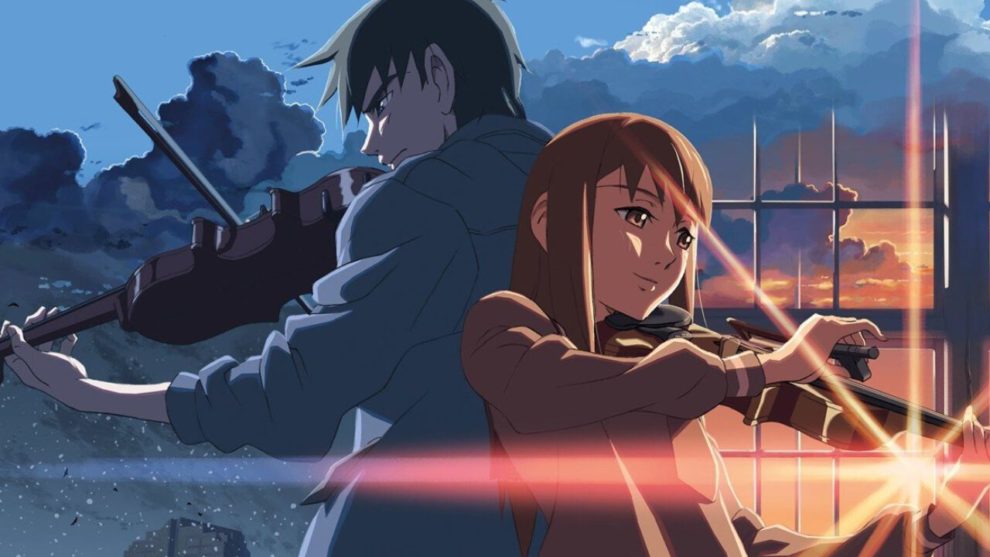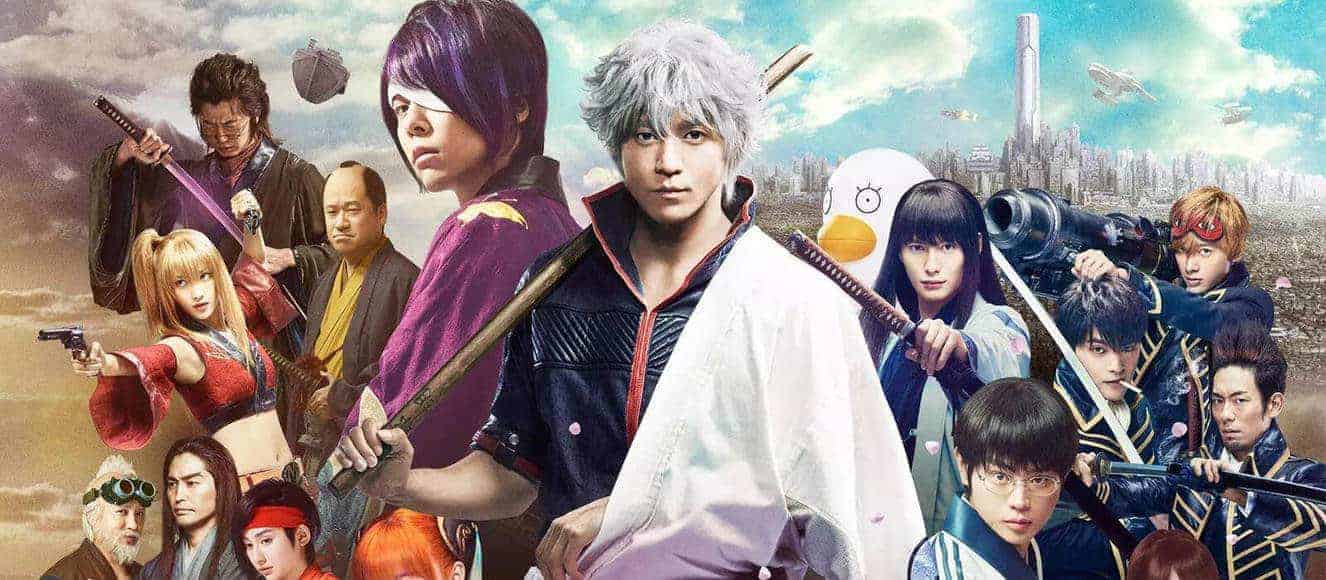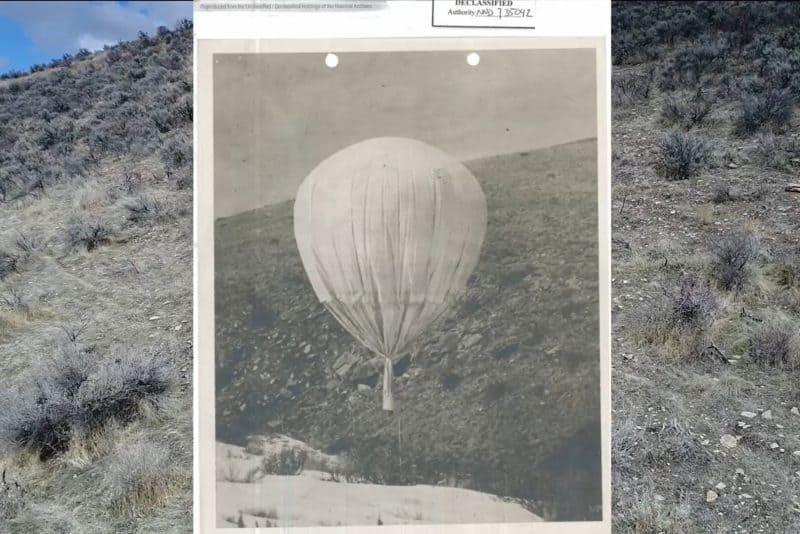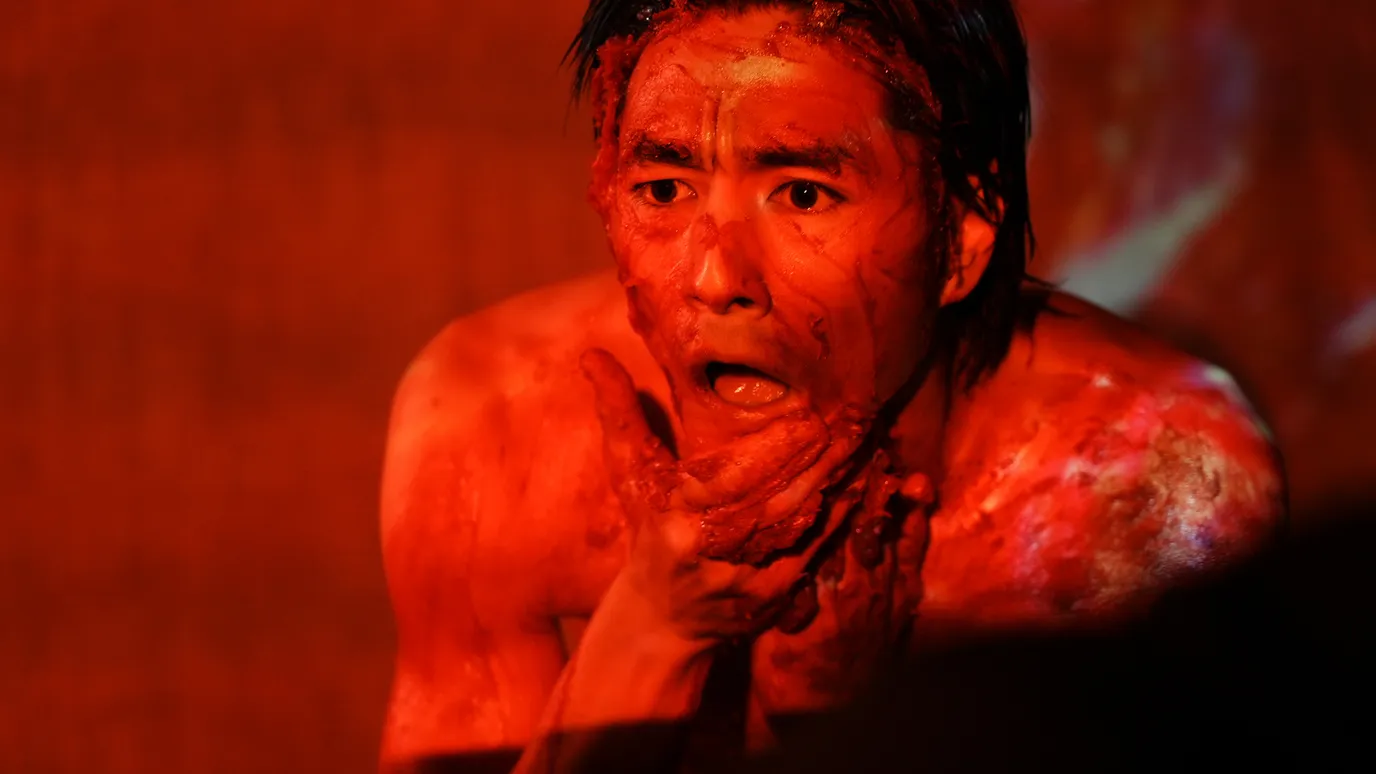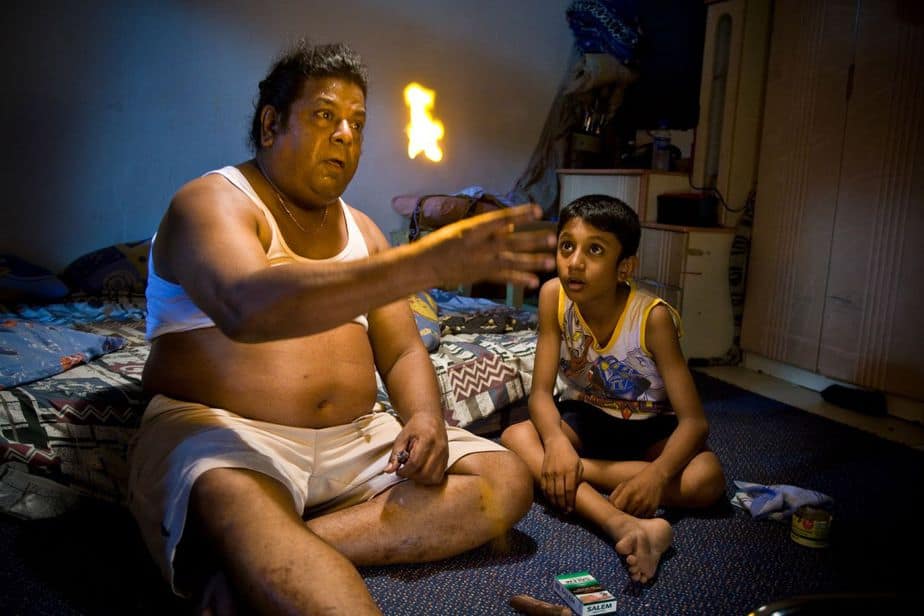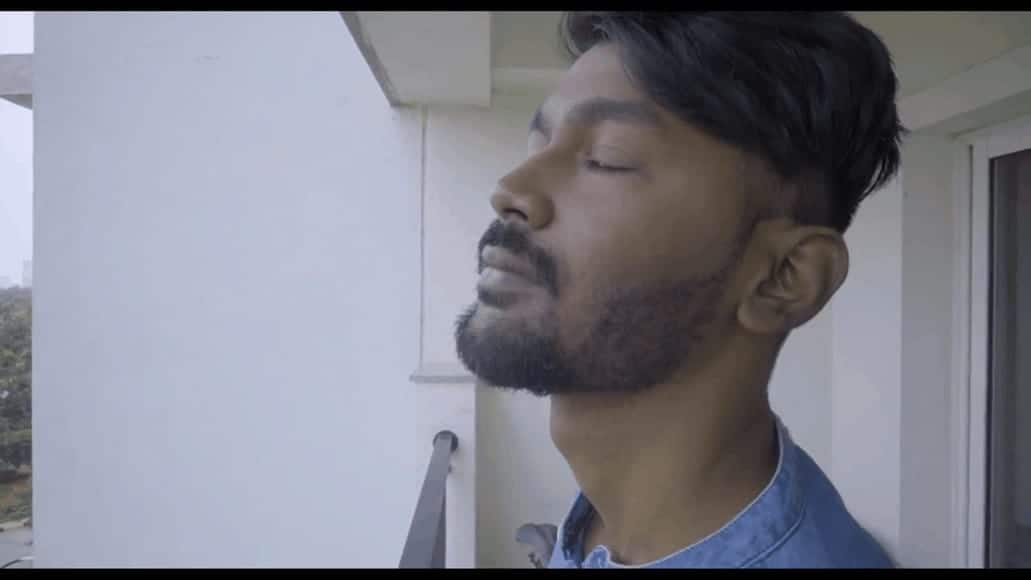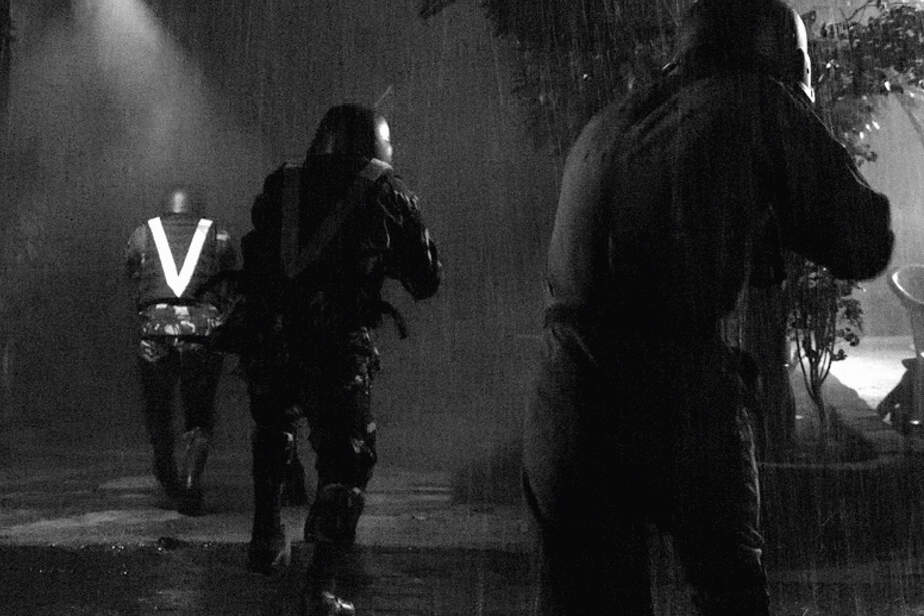Following his short feature “Voices of a Distant Star”, which won him the Animation Kobe Award along with the Seiun Award for Best Media, director Makoto Shinkai continued his journey into animation, science fiction and love triangles in “The Place Promised In Our Early Days”. The movie, which was awarded Best Animation Film at Mainichi Film Concours, while exploring similar themes, has a much wider scale than his previous works. Similar to other works in Japanese animation, concepts like time, parallel worlds and combining various layers of reality constitute the foundation of a story following the lives of three individuals, but also hints at Japanese history and the nation's outlook at an uncertain future.
Buy This Title

The story takes place in an alternate version of the world, in which Japan not only lost World War II, but was also divided, with its north being occupied by the Soviet Union. In Ezo, formerly known as Hokkaido, the Union has constructed a large tower which can be seen for many miles, and whose purpose is yet unknown, but which has, nevertheless, inspired the thoughts of may people longing for a united Japan and to cross the border. High-school friends Hiroki and Takuya are at the top of their class and have become fascinated with the sight of the tower, and, after they have found a crashed drone plane, have decided to fly over there one day. With the help of Mr. Okabe, who give the boys jobs at his garage and supplies them with the parts they need to repair the drone, and the moral support of their classmate Sayuri, who they both are secretly enamored with, the two boys start their work, but with the disappearance of their friend, their motivation decreases, and they eventually go separate ways.
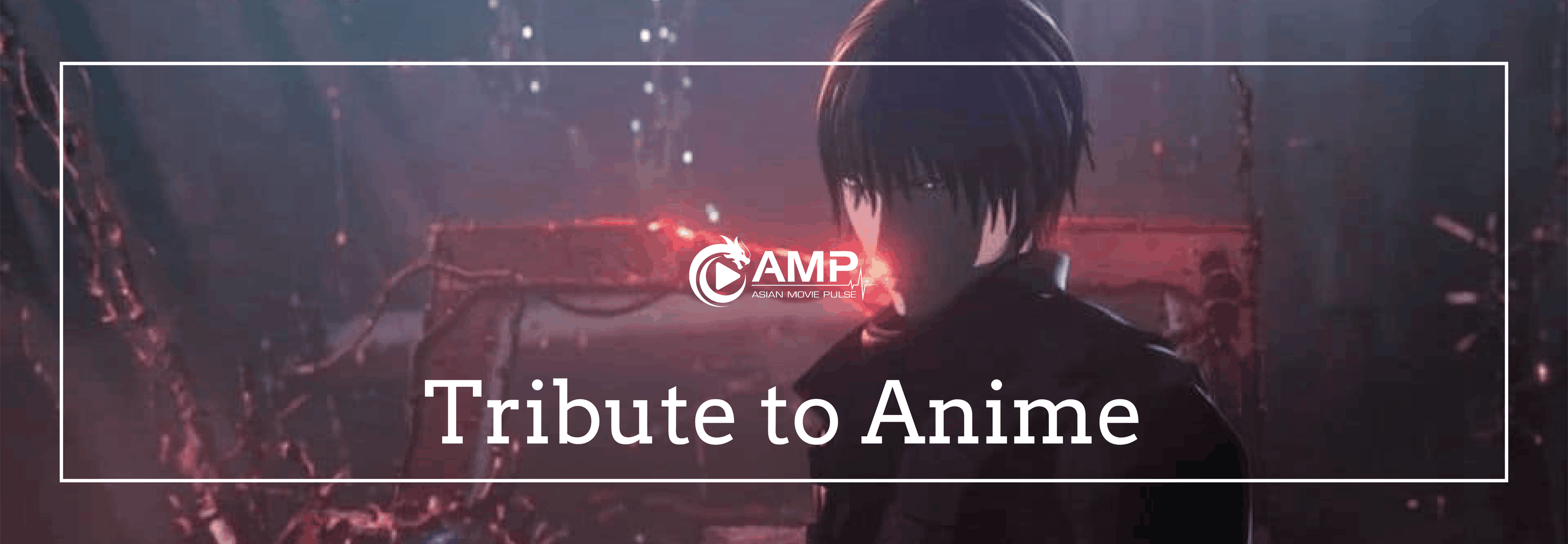
Years later, Takuya is now working for the military as a physicist, researching the concept of parallel worlds and their connection to the mysterious tower. As he uncovers a link to the enigmatic building and Sayuri, who has been in a coma for several years, he finds himself in the middle of a fight of various fractions, some of them wanting to secure the tower for their own purposes, while others, led by people like Takuya's former boss Mr. Okabe, want to destroy it, considering it a threat to Japan and the world. Meanwhile, Hiroki, who has moved to Tokyo following the end of his friendship to Takuya, is haunted by a recurring dream in which he tries to rescue Sayuri, and ultimately decides to find out about the truth behind it.
Although many reviewers of “The Place Promised In Our Early Days” seem to regard Shinkai's feature as a blend of coming-of-age- and a love story, there are certainly more angles which need to be explored in this complicated narrative. While these concepts are a part of the story, they form one of many layers, which are just as interconnected as the theory of parallel worlds introduced in the second part of the feature. Perhaps the most recurring theme in Shinkai's body of work is the idea of dreams having a deeper meaning for ourselves and the overall course of the world, a concept the director would revisit in later works such as “Your Name” or “The Garden of Words”. In the case of “The Place Promised In Our Early Days” dreams define the motivation of the characters, represented by the mysterious tower, but also different visions for a possible future, which lays the groundwork for the ongoing conflict between the East and the West. Especially in this feature, this concept becomes an intriguing idea storywise and also aesthetically, with Shinkai often changing or blending the various layers of reality and dream, past and present.
At the same time, the story about love and friendship, with all its melodrama and at times corny details, turns into an almost pacifist statement. Thanks to the great work of voice actors like Hidetaka Yoshioka, Masato Hagiwara and Yuka Nanri as well as the terrific score by Temon, Shinkai's feature becomes a meditation on the unpredictability of time and thus the future, and the paradox of starting wars in order to control what is essentially uncontrollable. Additionally, the three main characters are quite likable and relatable in their quest to go beyond the restrictions imposed on them by the conflicts of the time, and their dream of building a new future for themselves, which may be a romantic concept, as Mr. Okabe says at one point, but, in the end, perhaps something worth aiming for.
In conclusion, “The Place Promised In Our Early Days” is a blend of romance, coming-of-age-story and science-fiction. Makoto Shinkai has directed an intriguing, entertaining and often quite touching story about friendship, love and the importance of dreams in our lives, whose character design, animation and themes will likely linger on for quite some time with its viewers.


